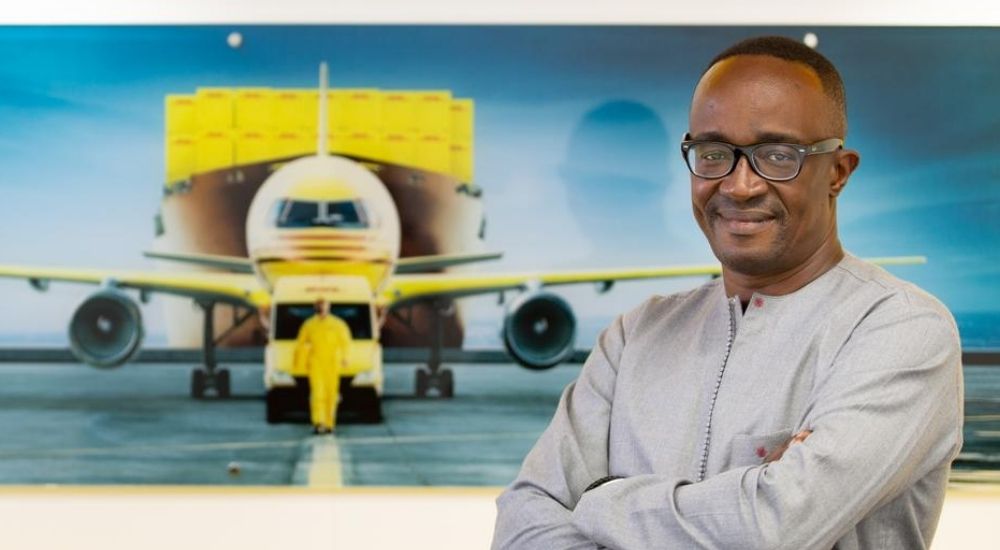Policymakers can impact connectedness of their country indicates DHL survey

In a special report on the 10th anniversary of the DHL Global Connectedness Index, DHL and the NYU Stern School of Business highlight strong links between global connectedness and prosperity. The United Arab Emirates is among the five countries that the report examines – other being Mexico, The Netherlands, Sierra Leone and Viet Nam, which have stood out for their strong or rising connectedness over the past two decades. The various paths these countries took to greater connectedness show that there is no one-size-fits-all prescription – instead, each country can pursue the international opportunities that make the most sense in its own local context.
This report shows how policymakers can actively impact the connectedness of their countries. Five key areas for improving a country’s connectedness are peace and security, an attractive domestic business environment, openness to international flows, regional integration, and societal support. Remarkably, an attractive domestic business environment may boost a country’s global connectedness even more than traditional pro-globalisation policies.
DHL and the NYU Stern School of Business have also released the 2021 update of the DHL Global Connectedness Index. Now in its 10th year, this report provides a fresh view on the impact of the pandemic on globalisation by analysing international flows of trade, capital, information, and people. While there are different trends across types of flows, the overall DHL Global Connectedness Index just declined very modestly in 2020 and is on track to rise in 2021. Nonetheless, the Covid-19 ‘stress test’ also revealed longstanding vulnerabilities that demand attention moving forward.
“Even as global trade set new records in early 2021, countries with the lowest per capita incomes were still trading less than they did in 2019. The world’s poorest countries are still dangerously disconnected, which means that bolstering the foundations of a connected world – and better integrating less developed countries – could help countries recover faster and build resilience for the future. Looking at the Middle East, the UAE’s pre-eminent position as the most globalised nation in the region is an outcome of economic development strategies that aggressively pursued growth via globalisation, strongly supported by the private sector and public,” said Amadou Diallo – CEO, DHL Global Forwarding Middle East and Africa.
“Many feared that the global crisis would jeopardise the progress of globalisation. We have been analysing the various international flows worldwide for years and after 1.5 years of the pandemic, we can now safely assure: the pandemic has not caused globalisation to collapse. After initial dips in 2020, the DHL Global Connectedness Index is already on the rise again this year,” says John Pearson, CEO DHL Express. “Trade has provided a lifeline for countries around the world, and DHL Express has played a key role in areas ranging from vaccine distribution to e-commerce.”





